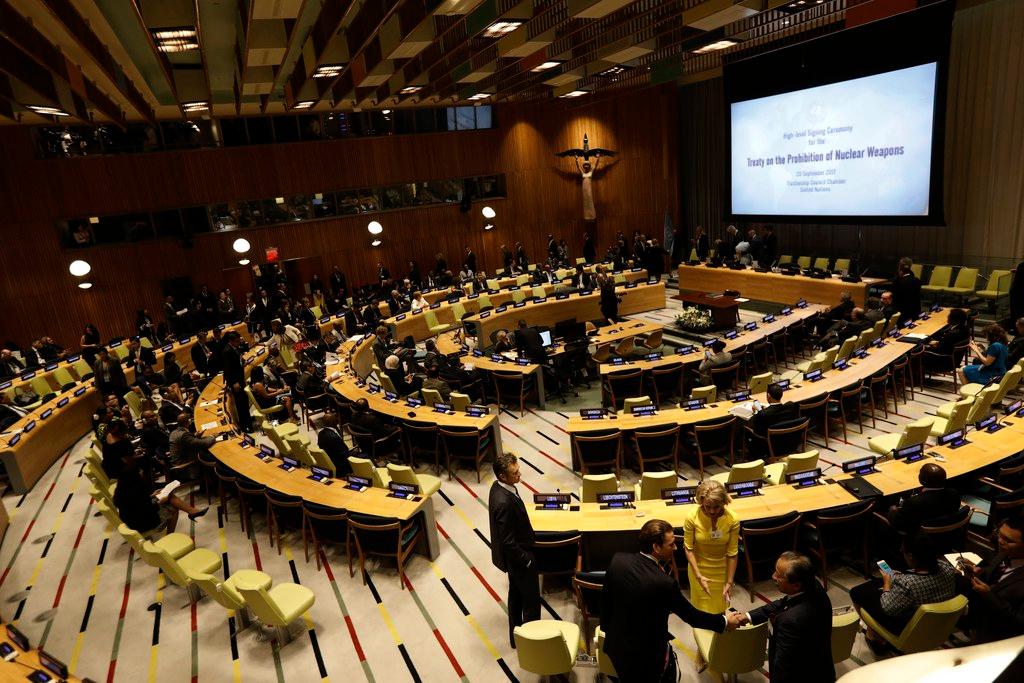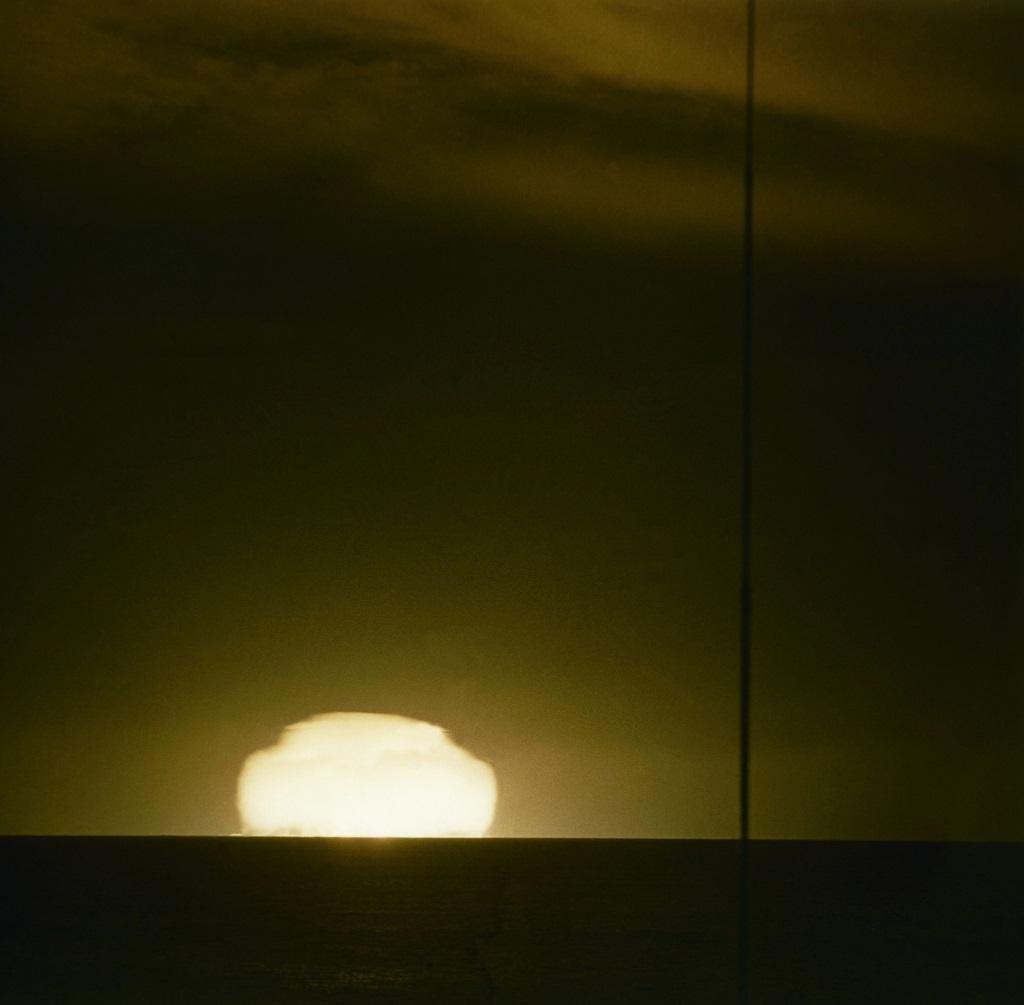
Swiss still say no to treaty banning nuclear weapons

The Swiss government has decided against signing the Treaty on the Prohibition of Nuclear Weapons (TPNW) adopted at the United Nations last year. A working group had advised that the arguments against outweighed potential opportunities of joining.
A total of 122 states, including Switzerland, adopted the treaty at the UN in July 2017. The TPNW will enter into force when at least 50 countries ratify it. Signatories have obligations not to develop, test, produce, acquire, possess, stockpile, use or threaten to use nuclear weapons. The agreement also prohibits the deployment of nuclear weapons on national territory and assistance to any country involved in prohibited activities.
Switzerland’s seven-member executive body took the decision not to sign based on an interdepartmental working group report published in June. The government acknowledged that there were “humanitarian, international law and peace policy considerations” in favour of acceding to the treaty but felt it was not the right moment.
“It is the Federal Council’s opinion, however, that in the current international context, the TPNW entails risks in terms of both the continued advancement of disarmament diplomacy and Switzerland’s security policy interests. Furthermore, the TPNW contains a number of provisions whose interpretation and implications can only be tentatively gauged at the current time,” said a government statementExternal link.
Switzerland will participate as an observer in the first conference of parties. The government has also instructed the foreign ministry to report to it on developments concerning the treaty with a view to re-examining the Swiss position if necessary.

More
Why Switzerland hasn’t (yet) signed the treaty banning nuclear weapons

In compliance with the JTI standards
More: SWI swissinfo.ch certified by the Journalism Trust Initiative





























You can find an overview of ongoing debates with our journalists here . Please join us!
If you want to start a conversation about a topic raised in this article or want to report factual errors, email us at english@swissinfo.ch.